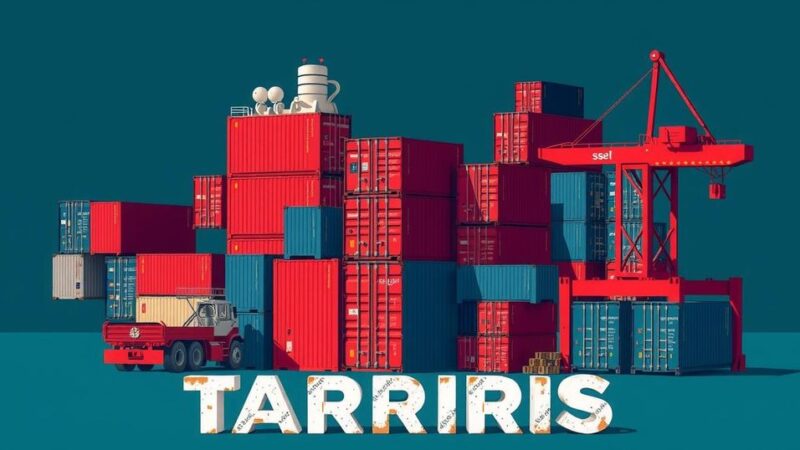Brazil unveils an income tax exemption for individuals earning up to 5,000 reais while proposing taxes on high earners and dividend remittances to manage the fiscal impact. The plan is crucial for President Lula’s popularity amidst declining approval ratings. Congressional approval is necessary for implementation by 2026, and the administration asserts it maintains fiscal neutrality despite inflationary concerns.
Brazil has introduced an income tax exemption plan, eliminating taxes for individuals earning up to 5,000 reais ($881.27) monthly. To address the resulting revenue gap, the government will impose new taxes on high-income earners and profits sent abroad. This initiative, a key promise of President Luiz Inacio Lula da Silva, is critical for bolstering his approval ratings amid public discontent.
The proposal is part of broader measures to increase disposable income for the middle class and includes novel payroll deduction systems and relaxed access to employee severance funds. Officials assert that the plan will not negatively affect investor sentiment towards Brazil, despite concerns about potential inflation.
Economic Policy Secretary Guilherme Mello emphasized that enhancing income distribution can foster growth without causing inflationary pressures. The plan is deemed fiscally neutral, with President Lula advocating for tax justice. However, it requires Congressional approval to be enacted before the upcoming presidential elections in 2026, though its legislative future remains uncertain due to resistance from powerful lobby groups.
Moreover, the plan proposes a 10% withholding tax on profits and dividends sent abroad, which is expected to generate 8.9 billion reais annually. Tax Revenue Secretary Robinson Barreirinhas reassured investors that many countries allow offsets on taxes paid, mitigating potential impacts on investment decisions. The Brazilian real stabilized following the announcement, indicating a restrained market reaction.
To balance the tax exemption for the middle class, the government plans a minimum effective tax for high earners, targeting annual incomes above 600,000 reais, and establishing a graduated tax rate reaching up to 10%. This inclusion is projected to boost revenues significantly while increasing the exemption threshold from 2,824 to 3,036 reais this year to align with the minimum wage adjustment. Although the proposal seeks to enhance public finances, officials assert it is open for further negotiation in Congress.
In conclusion, Brazil’s newly announced income tax exemption for low earners aims to revive President Lula’s popularity while balancing revenue through new taxes on wealthier individuals and dividend profits. The government’s approach reflects a commitment to enhance disposable income for the middle class, although it faces challenges within the legislative process. The successful navigation of these measures could significantly impact Brazil’s socio-economic landscape leading up to the presidential elections in 2026.
Original Source: www.marketscreener.com






